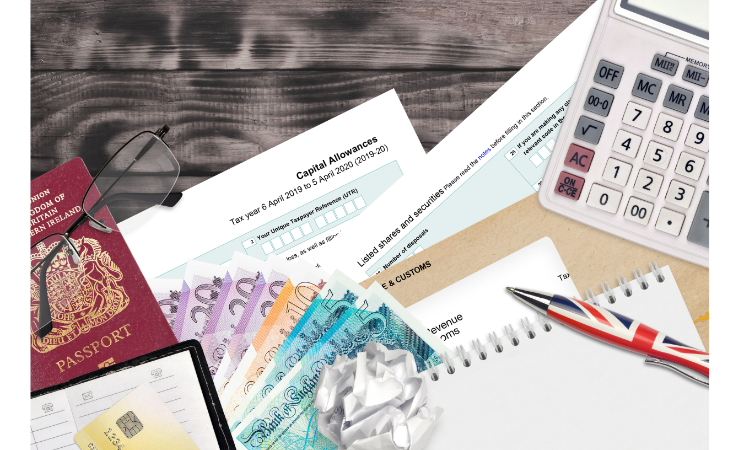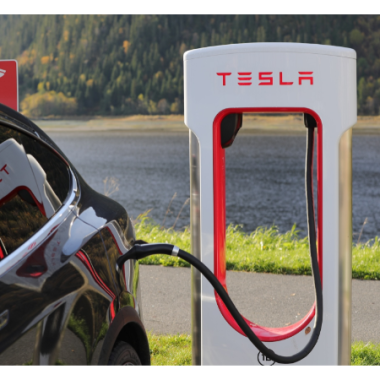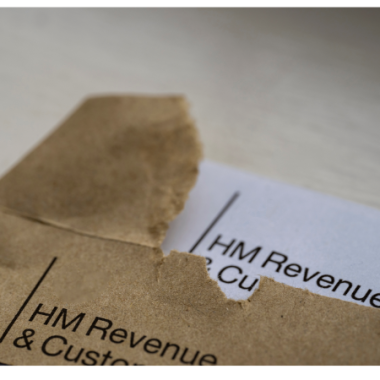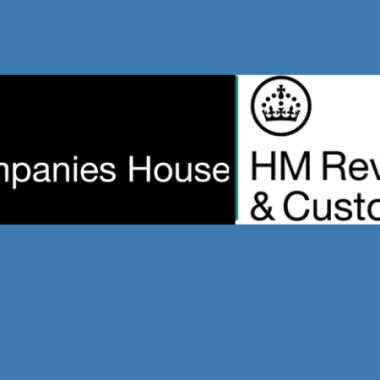Today we are going to outline the world of capital allowances. A topic that could help slash your tax bill and keep some of your hard-earned money in your pocket. Capital allowances are available to limited companies, sole traders, and partnerships, however, the sole trading/partnership business must have a turnover of more than £150k.
What are capital allowances?
Capital allowances are a UK corporation tax (CT) break for business assets, letting you deduct all or a portion of the value of a business item from your profits. Reducing your taxable turnover and therefore your tax bill. For example, investing in some new equipment such as computers, shop fittings or a company van, can be the answer to a tax break.
Types of Capital Allowances
Falling into two main types:
- Plant & Machinery (P&M): covering spending on business equipment. Commercial property fixtures such as air-conditioning, data cabling or fitting a worker’s kitchen.
- Structures and Buildings (SBAs): This is a flat-rate 3% relief for investment in buildings and structures not qualifying for P&M allowances.
There is one other relief – Land Remediation Relief – however, this 150% relief on CT is given to derelict or contaminated land & buildings being cleaned up & brought back into economic use.
How Capital Allowances Work
Capital allowances allow you to write in a percentage of the asset’s cost each year for tax. Rates depend on the type of asset and when the investment was made.
Limited Companies can claim:
- Super-Deduction: This is a first-year allowance, giving you 130% rate tax deduction for new P&M investments made between 1st April 2021 and 31st March 2023.
- Full Expensing: allowing 100% for new P&M investments made between 1st April 2023 and 31st March 2026.
Limited Companies, sole traders and partnerships can claim:
- Annual Investment Allowance: each year lets you deduct up to £1,000,000 of qualifying P&M spend.
- First Year Allowance: Can claim 100% of the cost of new energy-efficient items including electric cars with no CO2 emissions.
- Writing-Down Allowance: For anything that falls outside the allowances above you get written-down allowance at either 18% or 6%.
Who can claim?
Because capital allowances are not just for the big players if you pay income tax (sole traders/partnerships with more than £150k turnover) or corporation tax (limited companies) and have recently spent on qualifying business investment the chances are you could benefit from this tax break.
However, we appreciate capital allowances are not easy to get your head around and the best way to check whether your business is eligible is to talk to a trained professional. Now you can book a call with Duport accountants to go through your eligibility to claim here.
Just one more thing……. every month we give away the best business books, downloads and templates in our newsletters. Sign up below ⬇️







